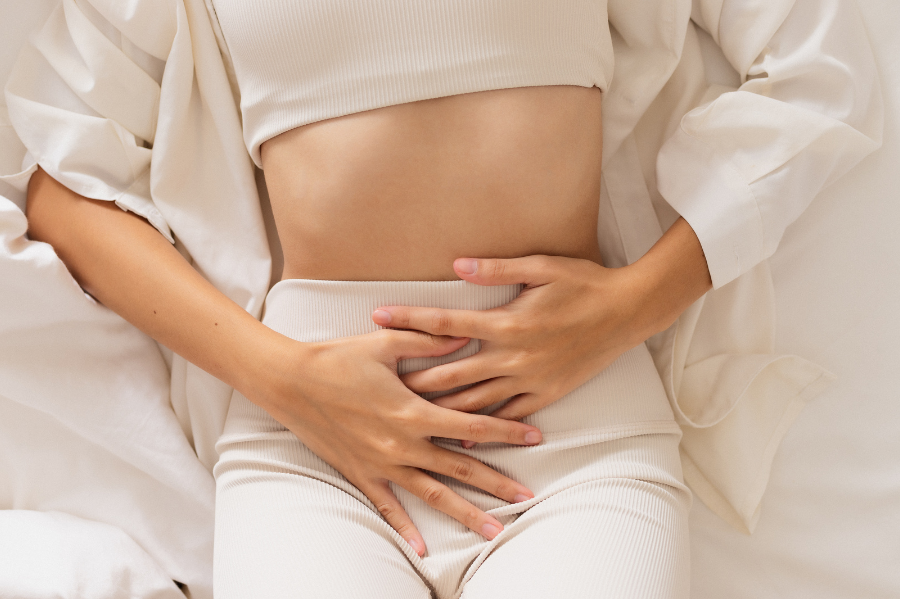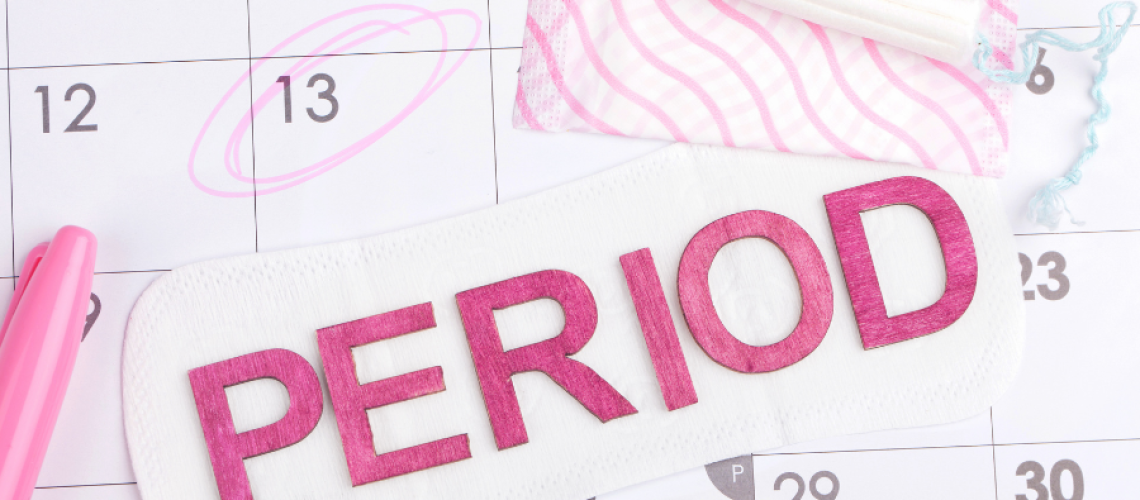Written by Guest Blogger: Kristin Hauser, an Acupuncturist, Herbalist and Somatic Sex Educator.
East Asian Medicine theory offers another point of view outside the narrow and pathologizing view of modern allopathic medicine when it comes to womb and hormonal health. In my years of clinical practice, I’ve seen 4 common root causes, also known as patterns in East Asian Medicine. Here we’ll discuss those common patterns and how they relate to potential period or hormone issues.
4 Common Root Causes
These root causes are known as patterns. While a period or hormone issue may have a few of these overlapping, there is usually one that stands out and needs to be addressed first. I’ve simplified this just enough to make it digestible but remain impactful for understanding your own body. If you haven’t taken the Womb Cycle Vitality quiz, you might want to start there so you can discuss your current pattern.
Let’s get started on understanding each pattern.
1.Qi Stagnation –
This is by far one of the top things I see clinically. Qi moves Blood, helps regulate the menstrual cycle and hormonal rhythms. Qi stagnation causes pain and if it’s severe enough it causes Blood stagnation, which can lead to accumulations like cysts, fibroids and the like. Qi stagnation is so common that we think it’s normal, but it’s definitely not!

You can have generalized Qi stagnation, like I’m discussing here or Qi stagnation of certain organ systems.
This pattern can be associated with:
- Menstrual pain
- Pain with ovulation
- PMS, especially bloating, irritability and breast tenderness
- Menstrual migraines
- Clots in flow or heavy flow
- Cysts, fibroids or endometriosis (when Blood stagnation is involved!)
2. Qi and/or Yang Deficiency
Qi is an aspect of Yang. I’ve grouped these together for simplicity and also because prolonged Qi deficiency leads to Yang deficiency. Alternatively, Qi deficiency may be rooted in Yang deficiency. They really go together.
This is a common root cause of PCOS or someone who may not have a clinical diagnosis of PCOS but has a similar constitution. Lack of Qi and therefore Yang, leads to internal cold which congeals and causes stagnation. When it comes to womb and hormonal health, Yang and Qi provide warmth, circulation and also help transform fluids.
Qi has a close relationship to digestion, as that is how we take Qi from our external environment to transform and use internally. It is also what moves resources in the body. Due to this, Qi and/or Yang deficiency can lead to challenges with blood sugar regulation and digestive capacity, which can lead to ovulatory issues.
This pattern can be associated with:
- PCOS or ovarian cysts
- Bloating, gas, low appetite
- Excessive spotting or bleeding
- Irregular spotting or bleeding
- Hypothyroidism
- Luteal phase defect (short Luteal phase due to low progesterone)
- Pelvic organ prolapse
3. Yin Deficiency
Yin deficiency is not only a common root cause of womb and hormonal health issues because Yin is such an important vital substance for women, but also because we live in a Yin deficient environment.
From the lack of minerals in the soil that grows food to the prioritization of productivity and lack of rest, Yin is not something we collectively value. Of course this can and is changing, yet it needs to be rooted in our own bodies.
Yin provides substance, Blood, fluids and it anchors the mind and emotions. It’s cooling, calming and lubricating. Without it the womb can become dry, hot and irritated while hormones and emotions may fluctuate more rapidly.
Yin deficiency is a common root cause of perimenospausal symptoms with fluctuating estradiol levels. Although it can be related to other issues at any age.
This pattern can be associated with:
- Short cycles (due to shortened follicular or Luteal phase)
- Spotting, irregular bleeding patterns or heavy flow
- Night sweating, hot flashes
- Unexplained infertility
- Cervical inflammation, pelvic or menstrual pain
- Lack of fluids (vaginal dryness, no cervical fluid)

4. Blood Deficiency
Blood is an aspect of Yin so you’ll see some overlap with Yin deficiency here. It’s said that Blood is the mother of Qi. Which is to say that Blood provides substance and resources for Qi to be abundant and harmonious. So, problems with Blood gets you to problems with Qi (which includes hormones!).
When Blood is deficient, there is a lackluster quality to the skin and expression. Blood stores (and releases) emotions, so there is an emotional void with Blood deficiency that can trigger anxiety or restlessness.
This is a common root cause of amenorrhea, post pill amenorrhea or infertility related to endometrial lining quality.
This pattern can be associated with:
- Amenorrhea (where’d my period go syndrome)
- Post pill issues (hormonal contraceptives deplete many Blood building vitamins)
- Very long cycles
- Short menstrual phase with dry, old blood
- Fatigue or headaches after bleeding
- Empty or cold feeling in the womb
You may see yourself in a few different patterns, or even all four! Know that it’s common for these to combine to some extent, but it’s also necessary to discern which pattern is more predominant right now so you can start healing at this root level.
Guest blogger,
Kristin Hauser
FREE: Womb Cycle Vitality Quiz
Kristin Hauser is an Acupuncturist, Herbalist and Somatic Sex Educator. Her practice is focused on women’s hormonal, sexual and pelvic health, fertility through postpartum. She is also the founder of Womb Medicine, a virtual education platform that centers embodied healing, body literacy and sexual identity integration. Kristin brings compassion, curiosity, expert knowledge and embodied experience into her offerings.
P.S. Catch Kristin’s interview in this week’s episode of The Hormone P.U.Z.Z.L.E Podcast – Chinese Medicine for Your Fertility. You can also find the episode on this podcast page as well as Spotify, and Stitcher. Don’t forget to subscribe, follow, and write us a review on Apple Podcast (if you LOVE it).



